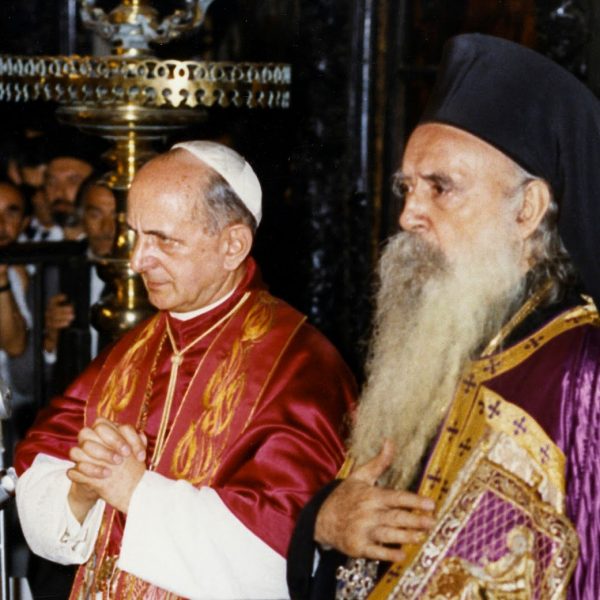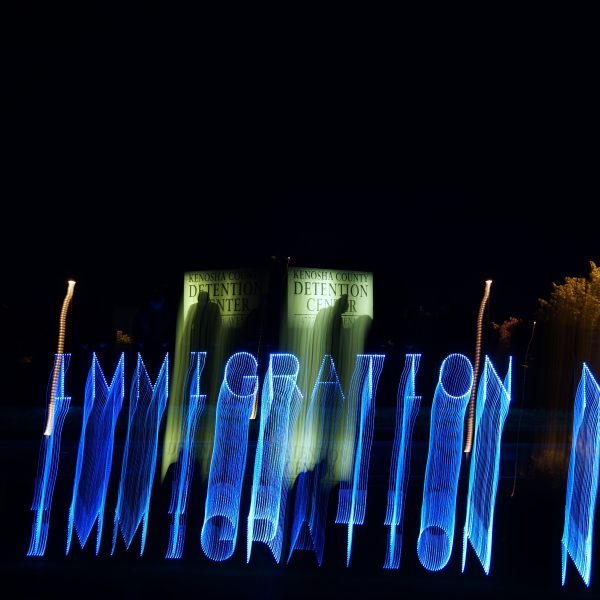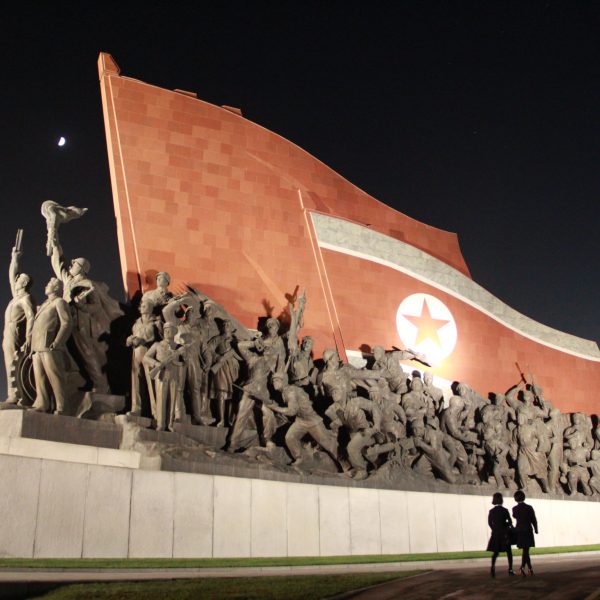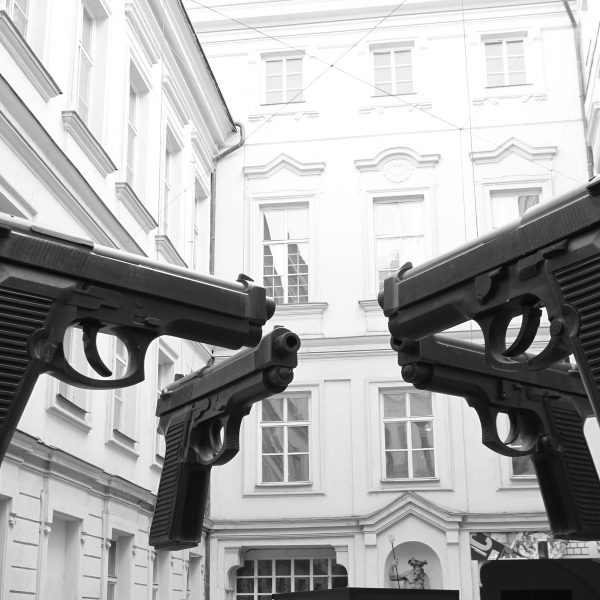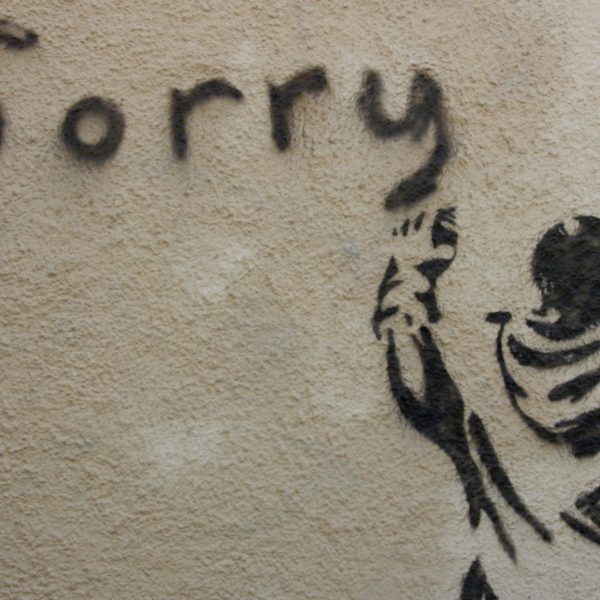
In Catholic circles, or even in the broader Christian community, there has been virtually no discussion of the ethics of cyber warfare. Does the Christian just-war tradition have anything to say about cyber warfare? Before any such discussion can take place, however, it is crucial to have an understanding of what we even mean by cyber warfare.

